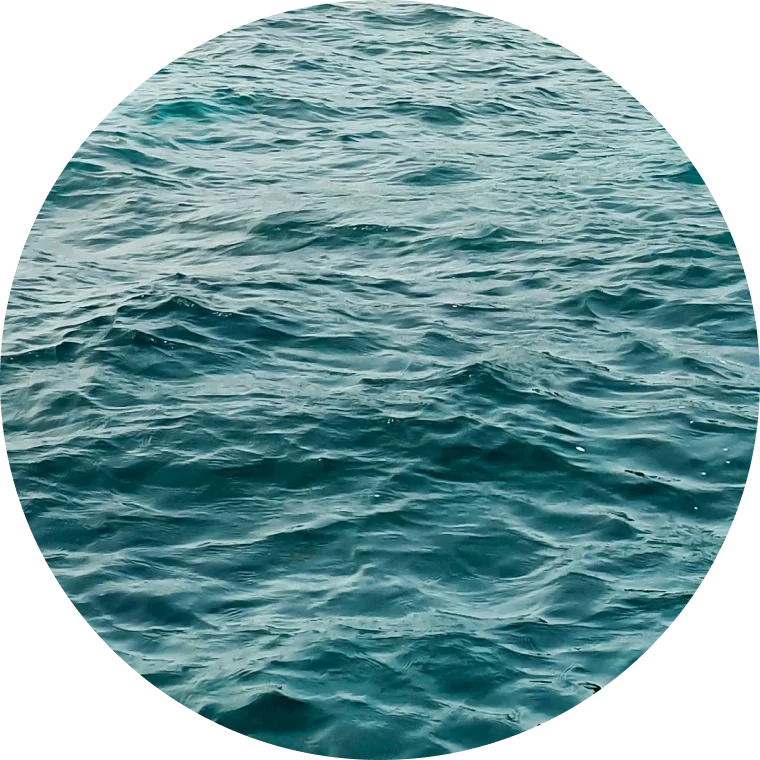At one point, blockchain technology was hailed as the ultimate solution for traceability in global supply chains, including seafood. The promise was clear: a transparent and auditable record of every transaction, from harvest to consumer. However, it has become evident that blockchain has not lived up to the expectations in seafood traceability. So, what happened to blockchain?
Despite its early hype, blockchain has not fully solved the traceability challenges in the fisheries sector. While it offers a higher degree of data integrity and transparency, implementing it in an industry as complex and fragmented as fisheries has proven difficult. Blockchain requires uniform adoption across all supply chain actors, from local fishermen to large retailers. Achieving this remains a significant hurdle, particularly in industries with a mix of formal and informal participants.
Blockchain also cannot address the fundamental issue of data quality. If incorrect or falsified data is entered into the system, it becomes part of the record, even if that record is transparent and accessible. Furthermore, blockchain relies on technological infrastructure and digital literacy, which many small-scale fishers and informal operators in developing regions lack, making it harder to scale effectively.
Seafood traceability, however, remains crucial to ensuring the sustainability and protection of fish stocks. Let's revisit the issue, setting blockchain aside for now as a tool that has not yet delivered on its promises.
The IMCS Network’s Role in Supporting Seafood Traceability
SEAFDEC is one of the IMCS Network’s newest members, joining a growing community of over 80 national fisheries agencies and regional fisheries organisations. A core aspect of the IMCS Network’s approach is supporting those who are at the forefront of fisheries MCS, compliance, and enforcement. We recognise the value of training from those who have direct experience in the field. That’s why we focus on sharing practical, real-world knowledge through hands-on training, building capacity, and providing tools that directly address the challenges faced by fisheries professionals.
The IMCS Network recently supported SEAFDEC at their Regional Training on Fish and Fishery Product Traceability Systems in Bangkok, Thailand. The event brought together 45 participants from ASEAN Member States, all actively working to improve traceability systems to combat IUU fishing. The training focused on key traceability systems like the European Union’s CATCH system and Korea’s CDS, with the IMCS Network providing valuable, hands-on training on validating and verifying catch certificates.
The training allowed participants to learn from international best practices while exploring traceability solutions tailored to Southeast Asia.
What is Traceability and Why Does It Matter?
Traceability refers to the ability to track fish and fish products from the point of harvest - whether from a vessel or farm - through the supply chain, including processing, transport, and retail, all the way to the consumer. It involves key data such as:
- Who caught it (vessel ID, flag, owner)
- Where and when it was caught (location, date, fishing zone)
- How it was caught (gear type, method)
- What was caught (species, volume)
Catch Documentation Schemes (CDS) provide the mechanisms to record and share this data, making it accessible to those who need it.
The Real-World Benefits of Traceability
Effective traceability systems provide many benefits, including:
- Deterring IUU fishing by making it harder for illegally caught fish to enter the supply chain.
- Supporting enforcement by helping authorities audit supply chains, identify violations, and take corrective action.
- Building accountability by increasing transparency and scrutiny across the supply chain.
- Enabling market access to key markets such as the European Union and United States, which require traceability for regulatory compliance and sustainability.
- Supporting monitoring and risk assessment, helping to spot patterns that may indicate potential non-compliance.
Key Outcomes and Moving Forward
The training marked a significant step in helping ASEAN Member States build their capacity to implement and maintain effective traceability systems. Participants identified key areas for further capacity-building, including:
- Digital tool use targeting local fishermen and business operators.
- Regular updates on traceability regulations for government officials.
- Raising awareness of traceability among governments, businesses, and local fishermen.
This was the first opportunity for the IMCS Network to support SEAFDEC directly and it proved to be an invaluable experience in understanding regional priorities and challenges. It has also given the Network clearer insight into how we can continue supporting SEAFDEC and its national members to improve traceability and combat IUU fishing across the region.
Looking ahead, the IMCS Network is committed to further supporting SEAFDEC in 2025 and beyond, with several initiatives already planned to continue strengthening regional traceability systems and enhance collaboration across Southeast Asia.

